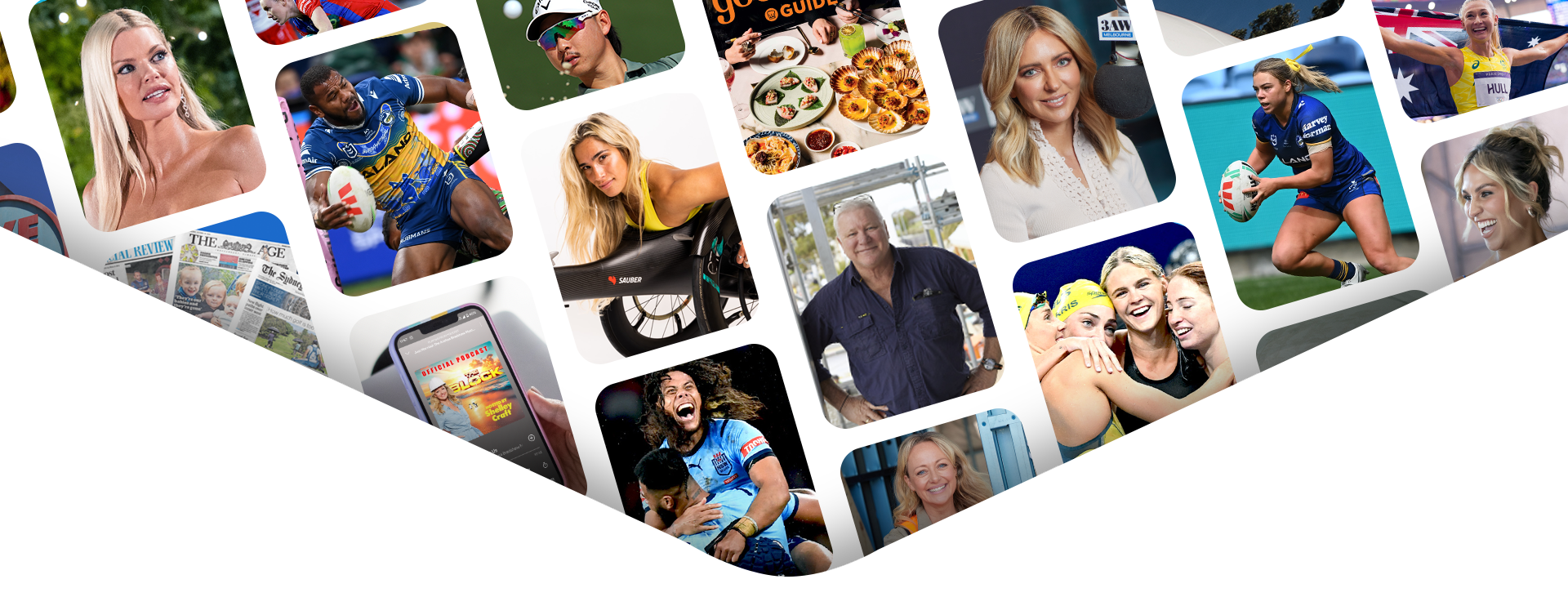
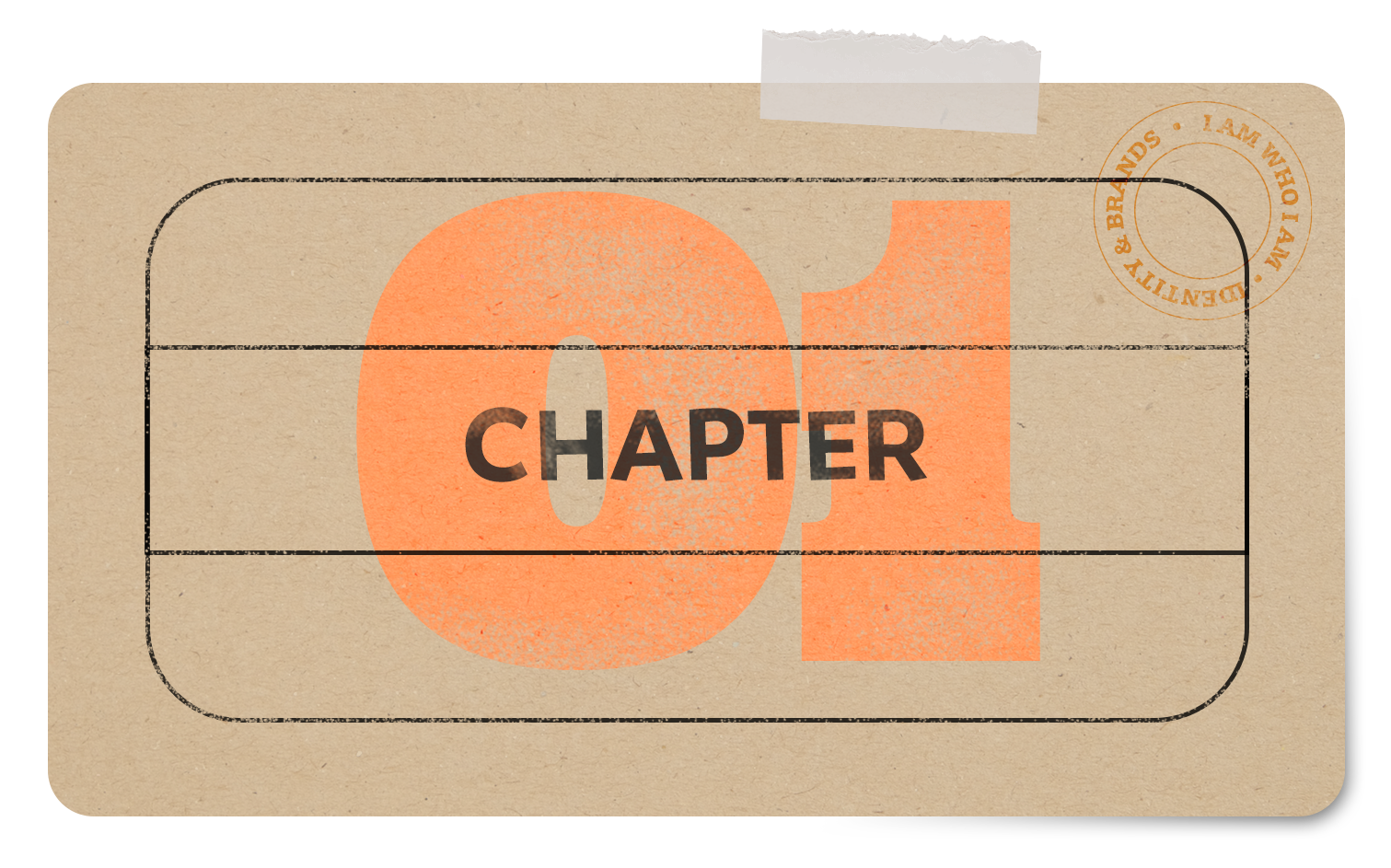

We live in an increasingly complicated world, where there are many ways of ‘being human’. At the same time, all people share some experiences in common: all learn, exchange and communicate beliefs, create and maintain social relationships, and adapt to different environments and situations.

Identity is made up of a broad variety of aspects, and not all of them are perceived to be in our control

When it comes to living our identity, some aspects are more important than others
'Personal values' is the core of our identity, our guiding star. And it helps define who we are and how everything else is perceived, shaped and prioritised.
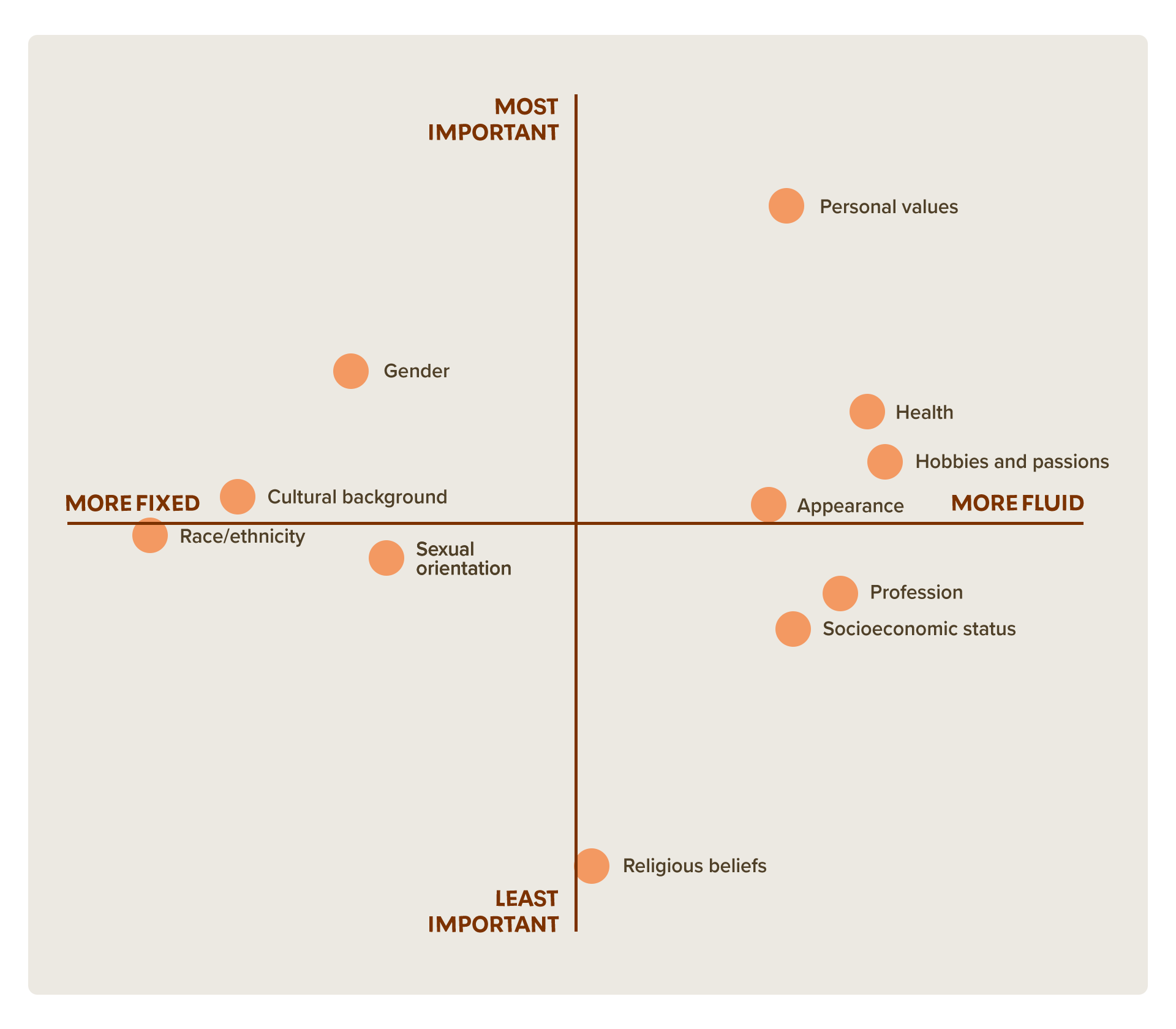
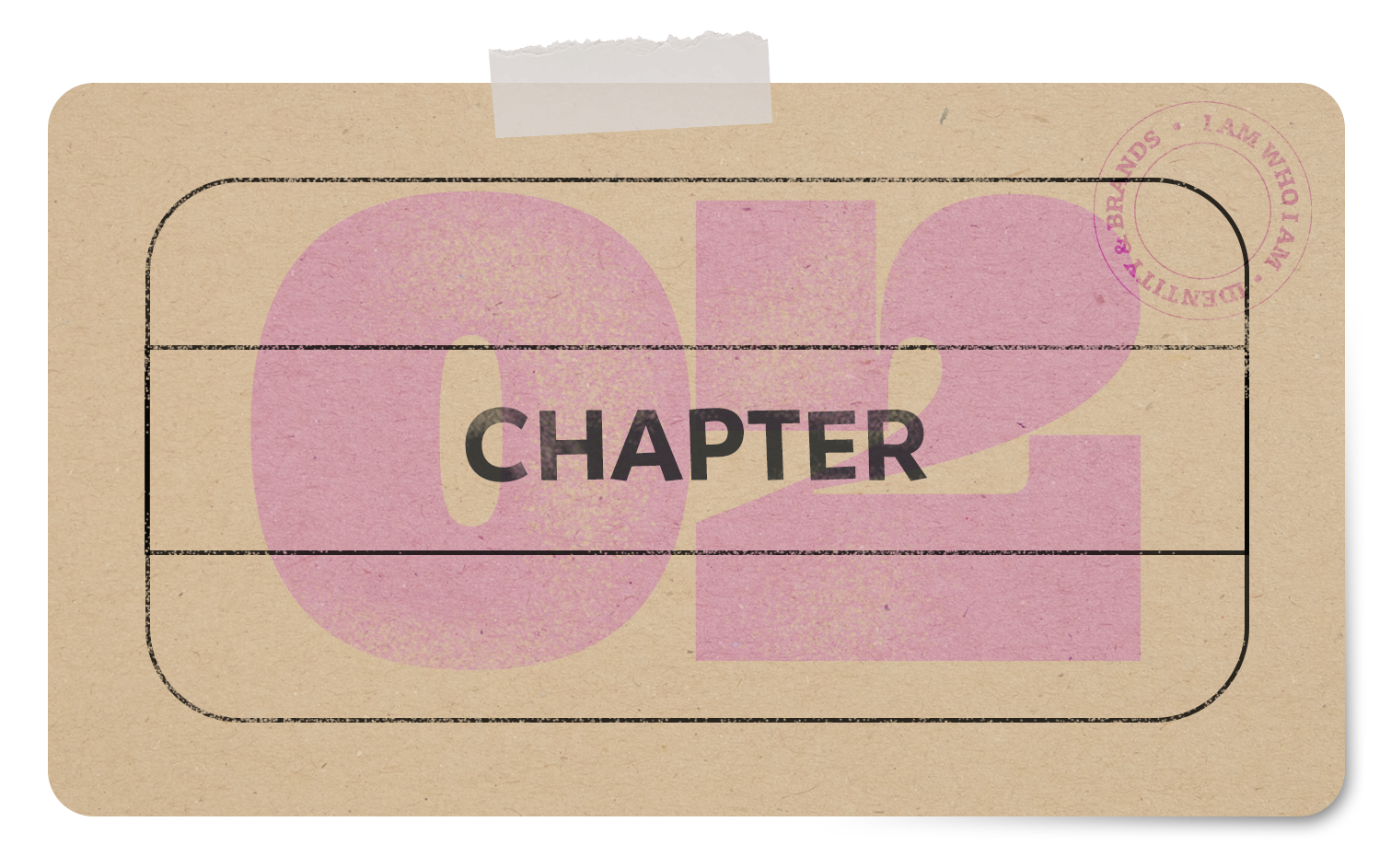
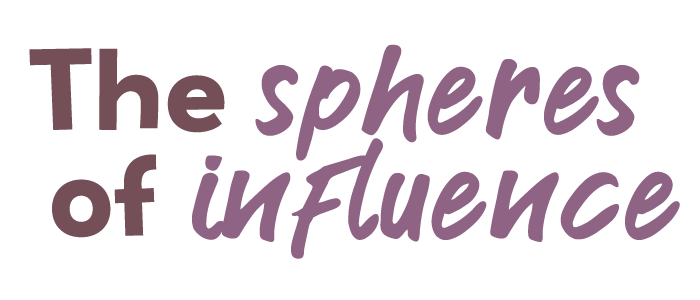
To understand what it means to be human, we look at the importance of connection and the influences it has in shaping our identities.
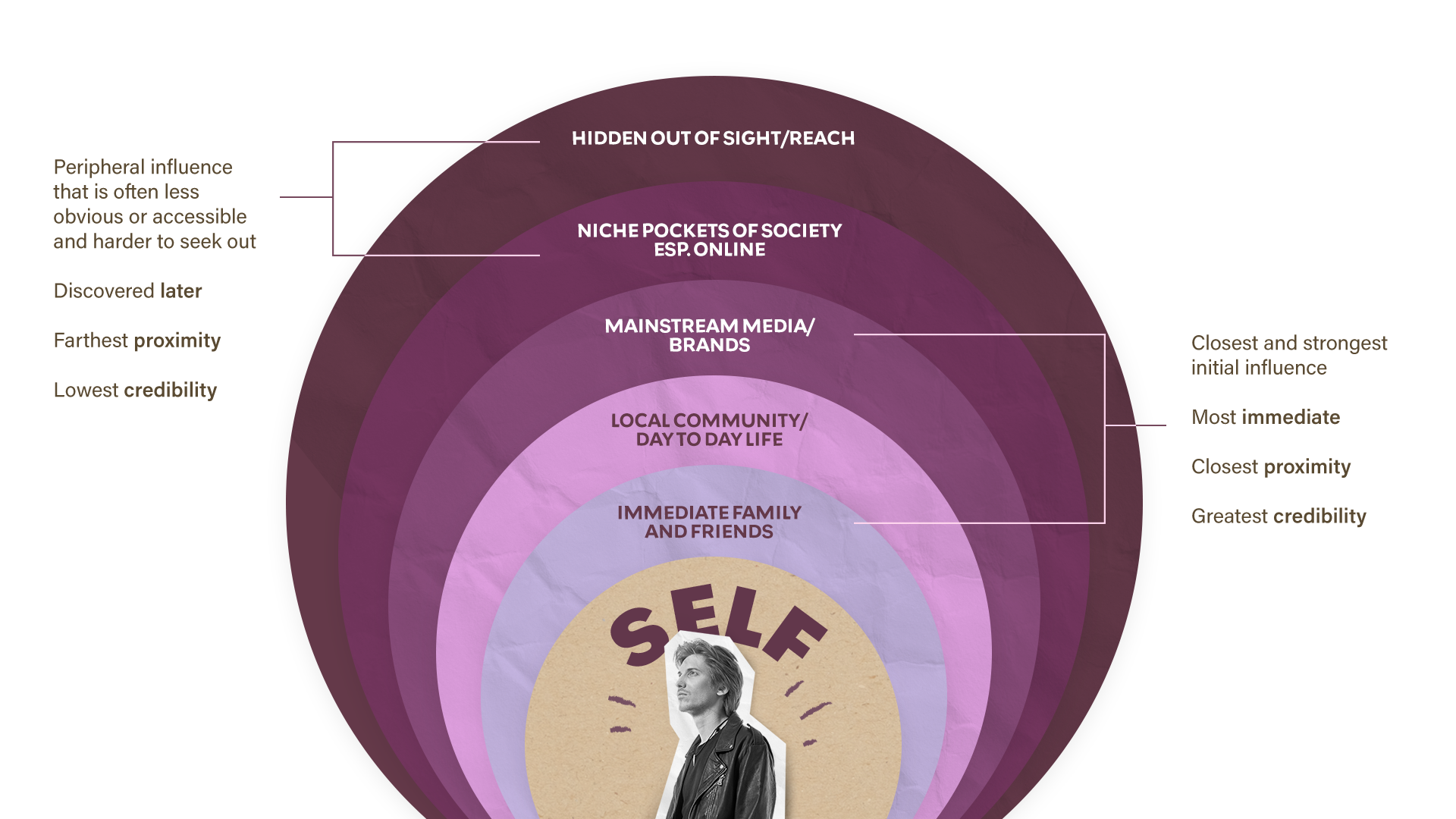
The closest, most intimate inner spheres have highest levels of influence, both positive and negative
“When I travel to Asia to see my family, I tend to play down the Western values and adjust myself to please and not offend.”
Millennial
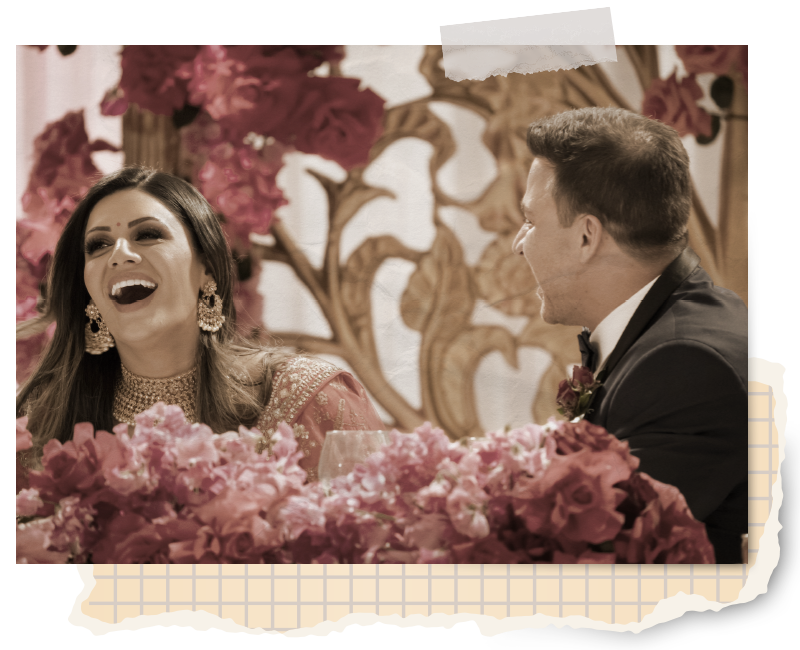
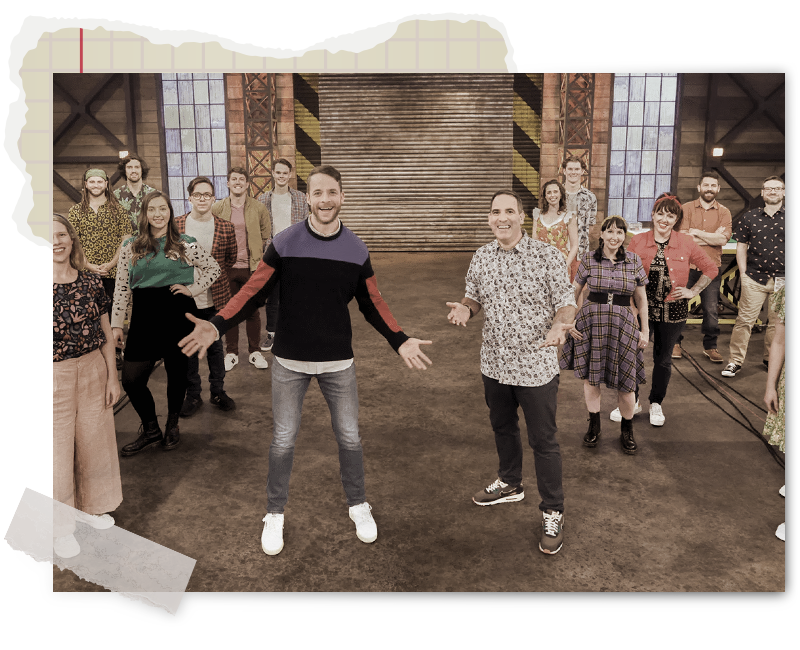
Social media has created shortcuts to hard-to-access communities, enabling discovery and connection
“Sharing things online feels very easy compared to in-person, as I am not speaking to any one person specifically. I’m not editing myself to fit a certain person.”
Gen Z


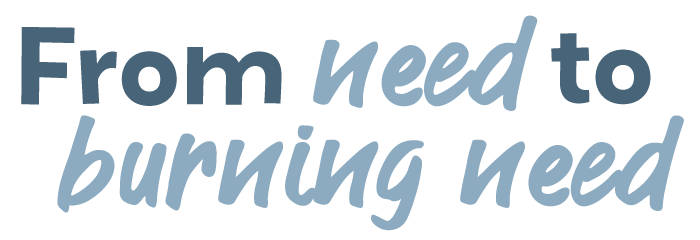
There has always been a need for humans to live in alignment, but a number of factors have come together in more recent years to accelerate this need.
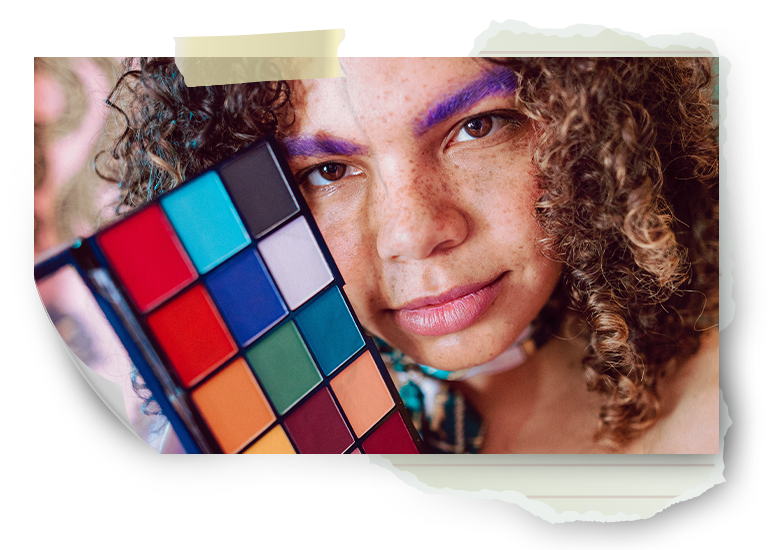
81%
of Australians agree that what was important to them became of even greater importance during COVID.
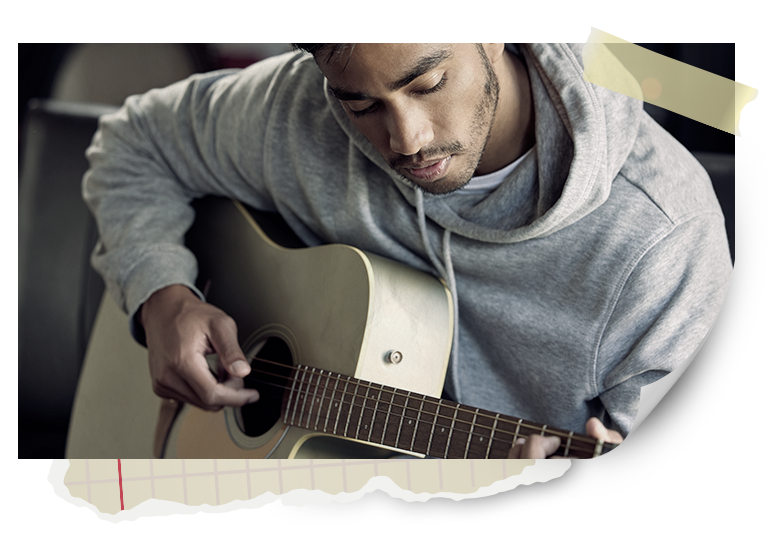
75%
of Australians have made changes, are changing, or want to make future changes.

There are four main barriers limiting our ability to change
58%
Time/knowledge restraints
(Mostly Gen Y and Gen Z)
51%
Financial barriers
(Mostly Gen Y)
42%
Lack of confidence
(Mostly Female, Metro)
23%
Fear of the unknown
(Everyone)
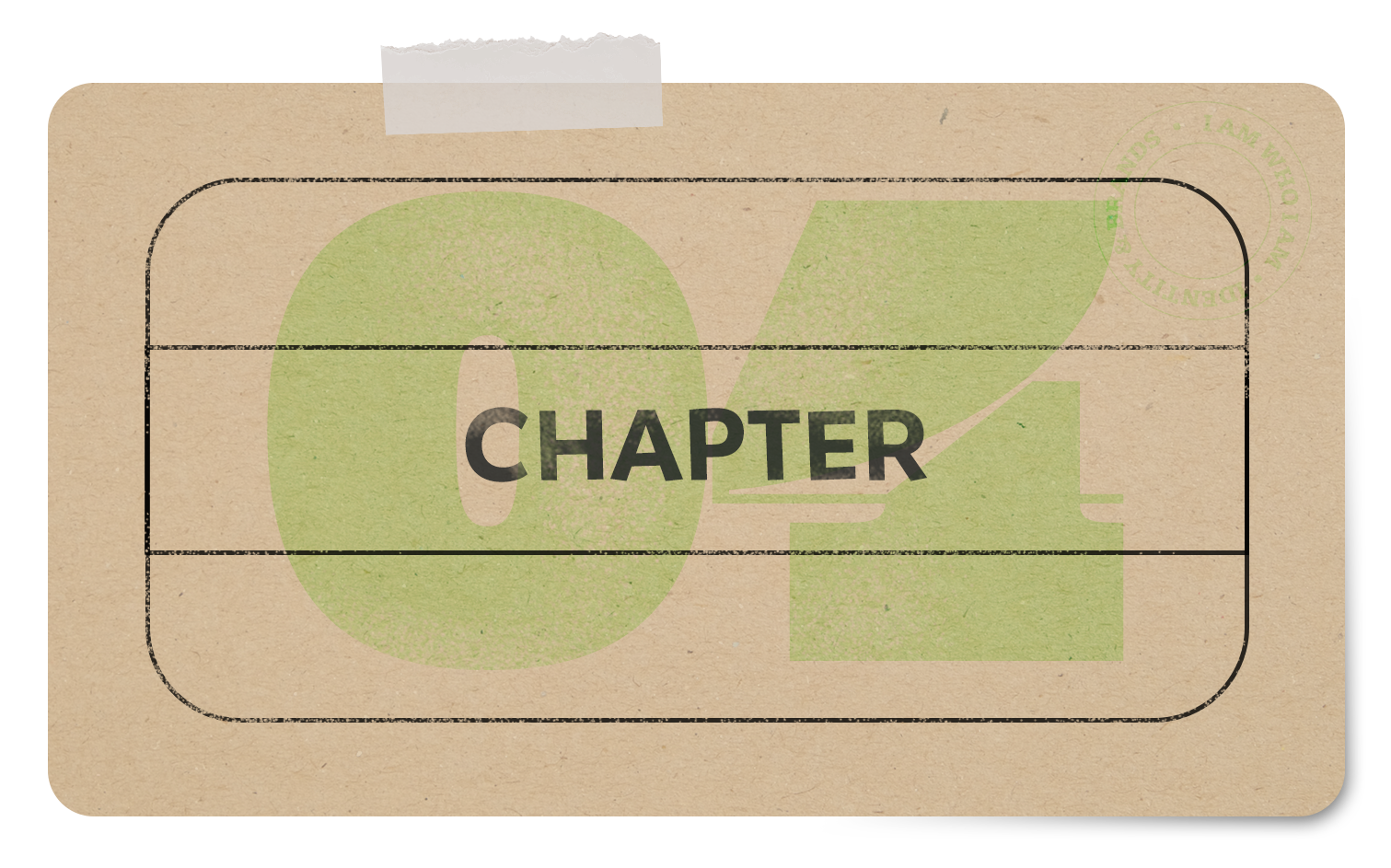
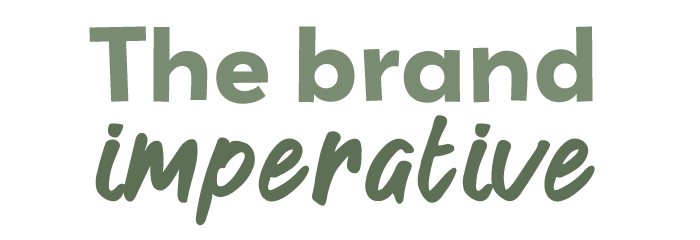
It’s clear that the desire to have our lives reflect our identity is an enduring human need, and that the experiences of the past few years have accelerated and put greater focus on this need. In the past, we may have asked how brands can best reflect or represent these needs. But the question now is how can brands actively support someone expressing and living their identity?
Social media has created shortcuts to hard-to-access communities, enabling discovery and connection
“Today I saw an ad by Bras N Things that showed a plus size woman with voluptuous curves. Seeing this ad made me whoop and fist pump the air!”
Millennial
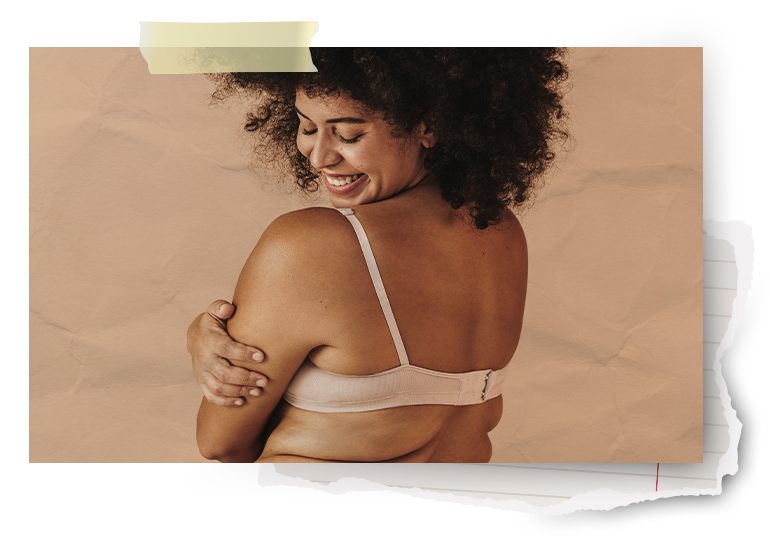
When it comes to identity and personal expression, there are four categories that brands fall into:
Champion brands
That seek to make change by showcasing different people and supporting different voices and viewpoints
Positive support
Brands that authentically represent a wide range of different people
None
Brands that do nothing to represent anyone outside the mainstream
Negative impact
Brands that showcase tokenistic representation or harmful stereotypes
We surveyed 50 brands on how they represent different aspects of people's identities
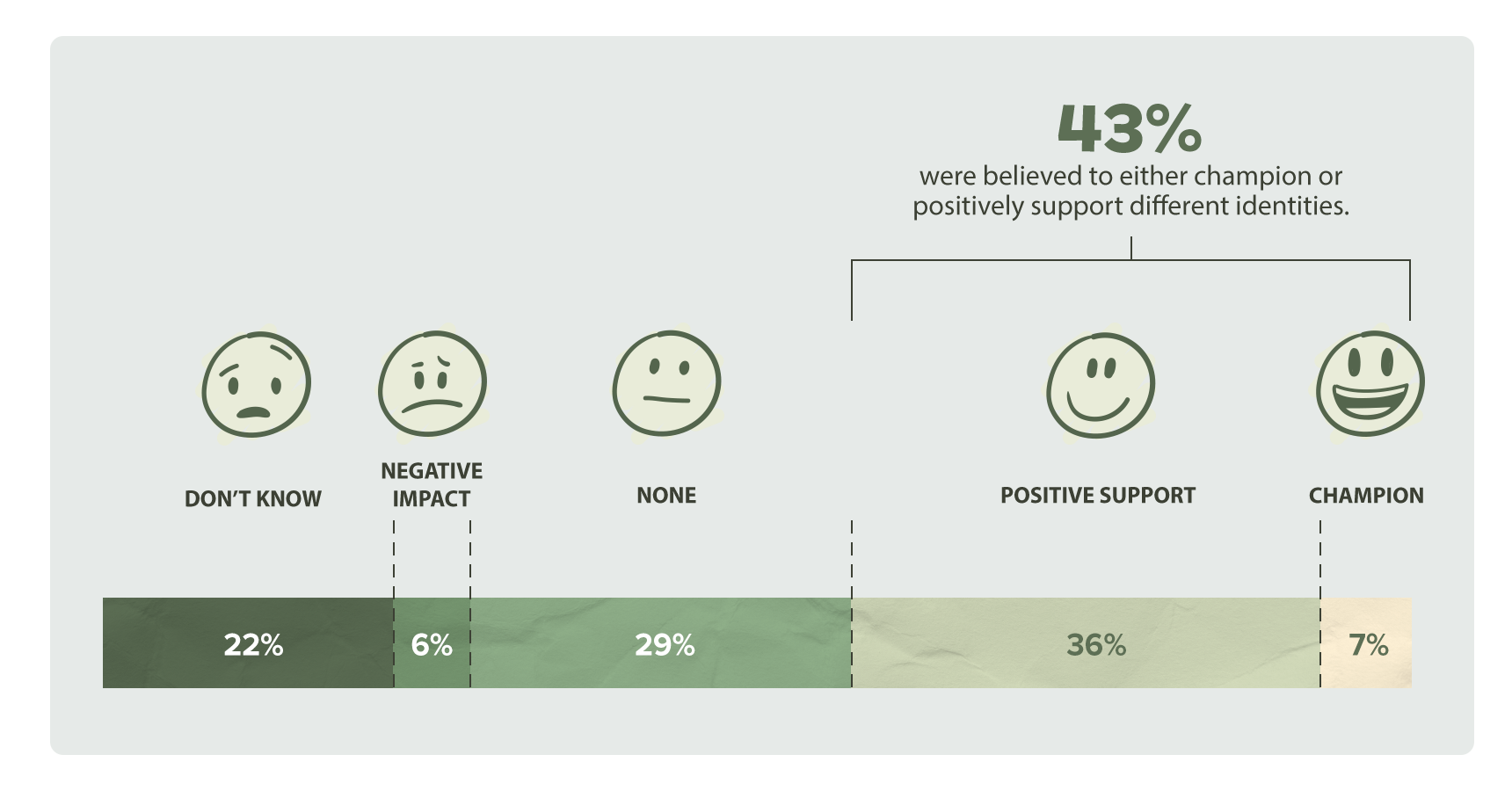
Source: Nine’s Proprietary Research - I am what I am: Identity and Brands
For further information on the research, contact your Nine representative or complete the form.
A member of the team will be in touch.


